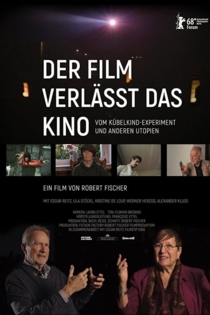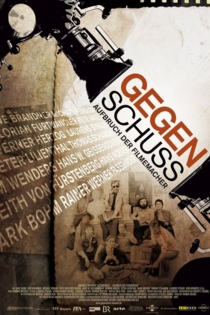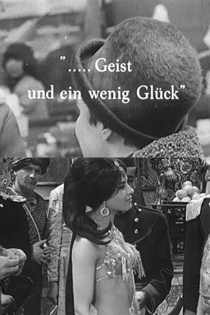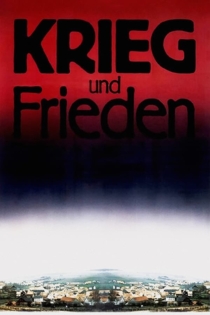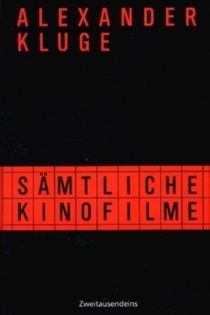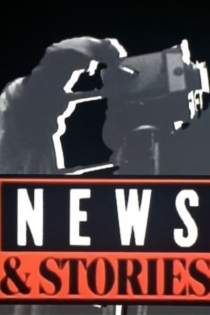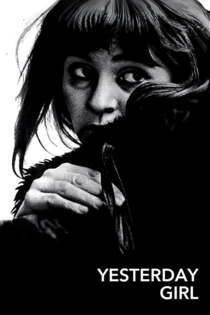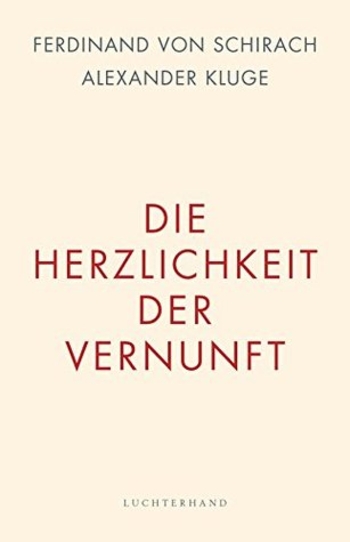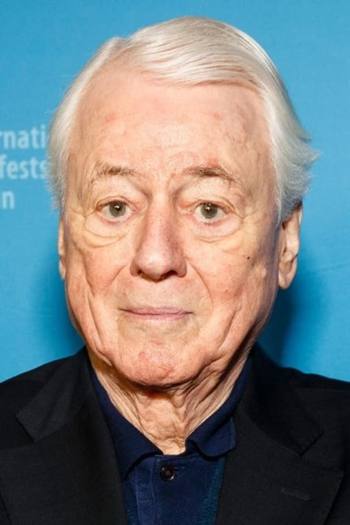
Alexander Kluge
1932 (94 года)Nachrichten aus der ideologischen Antike: Marx/Eisenstein/Das Kapital
Alexander Kluge
Sophie Rois, Hannelore Hoger
Alexander Kluge’s News from Ideological Antiquity begins with Russian filmmaker Sergei Eisenstein’s ambitious but unrealized plan to combine Karl Marx’s Capital and James Joyce’s Ulysses. For over nine hours, the film expands in concentric circles as Kluge, his guests, interlocutors and monologists make associative links on a range of topics that starts from a filmic discussion of Eisenstein’s notes.
News from Ideological Antiquity: Marx – Eisenstein – The Capital
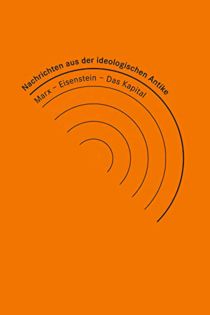
Part-Time Work of a Domestic Slave
Alexander Kluge
Alexandra Kluge, Bion Steinborn
Roswitha runs an illegal abortion clinic in Frankfurt to support her student husband and children. When she is forced to close her practice she delves into political and social activism.
Part-Time Work of a Domestic Slave
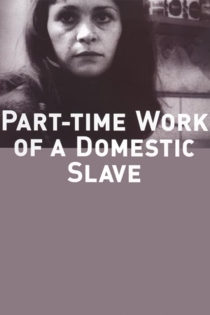
Wim Wenders, Desperado
Eric Friedler
Wim Wenders, Francis Ford Coppola
"Wings Of Desire" and "Buena Vista Social Club", "Paris, Texas" and "The State Of Things": Wim Wenders is considered one of the pioneers of New German Cinema and one of the most important and influential representatives of contemporary cinema. With never before shown archive material and extraordinary encounters with companions and contemporary witnesses such as Francis Ford Coppola, Willem Dafoe, Andie MacDowell, Hanns Zischler, Patti Smith and Werner Herzog, this documentary provides unique insights into the life and work of one of the most multifaceted artists of our times. Renowned documentary filmmaker Eric Friedler ("It Must Schwing. The Blue Note Story") and his co-director Andreas Frege were given the exclusive opportunity to portray Wenders for this film. From Dusseldorf to Paris, and all the way to the desert of Texas, the film traces iconic locations and decisive moments in Wenders' work as director, producer, photographer and author.
Wim Wenders, Desperado
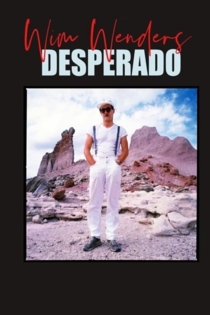
Schneeweißrosenrot
Christa Ritter, Rainer Langhans
Jutta Winkelmann, Gisela Getty
Documentary about the twin sister Jutta and Gisela Schmidt. In the late sixties the two women rebelled against middle class society as if they gave vent to a new kind of art. They became active in the underground communist party KPD and showed a heart-felt interest in the colour red, the aesthetics of the revolution. Soon, though, the twins quit their experiments in Germany. They left their husbands and went to Rome, where they met the fabulously wealthy Paul Getty III, and soon things got really out of hand.
SnowwhiteRosered

Brutalität in Stein
Peter Schamoni, Alexander Kluge
Hans Clarin, Christian Marschall
In his experimental short film "Brutalität in Stein" (Brutality in Stone), Alexander Kluge demonstrates how Nazi architecture used dimensions of inhuman and super-human scale to bolster the regime's politics of the same kind. Shots of huge neo-classical architectural structures from the Nazi period are confronted with equally anti-human national-socialist language as a voice-over.
Brutality in Stone
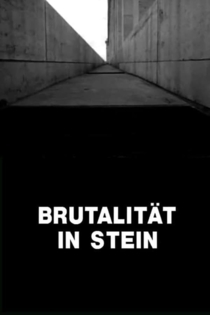
Der starke Ferdinand
Alexander Kluge
Heinz Schubert, Vérénice Rudolph
The clownish security chief of a West German business is obsessed with protecting his factory from fancied and real breaches, especially from groups such as The Red Army Faction. Ferdinand's paranoia and methods can't be contained by his company. The sympathetically-drawn Ferdinand's ludicrous actions recall those of the cynical, disastrous axis between fascism and big business in 1930's Europe: satire of the rise of private security.
Strongman Ferdinand
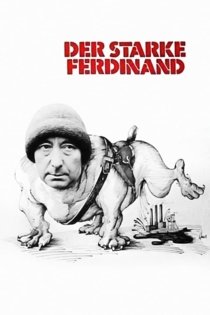
Film Beyond Cinema: The Dumpster Kid Experiment and Other Utopias
Robert Fischer
Edgar Reitz, Ula Stöckl
For over half a century, the filmmaker Edgar Reitz, one of the signatories of the Oberhausen Manifesto and a pioneer of epic film narration, has explored, as a practitioner and theoretician, the rules and limits of cinema, which he always seeks to break and extend in new ways. One example of his tireless search and research are the Geschichten vom Kübelkind, which he co-directed with Ula Stöckl in 1969/70, 22 absurdly funny, subversive and anarchistic short films of different lengths, which consciously oppose all conventions, with incredible success. The films remain unrivalled in their Dadaistic inventiveness.
Film Beyond Cinema: The Dumpster Kid Experiment and Other Utopias
